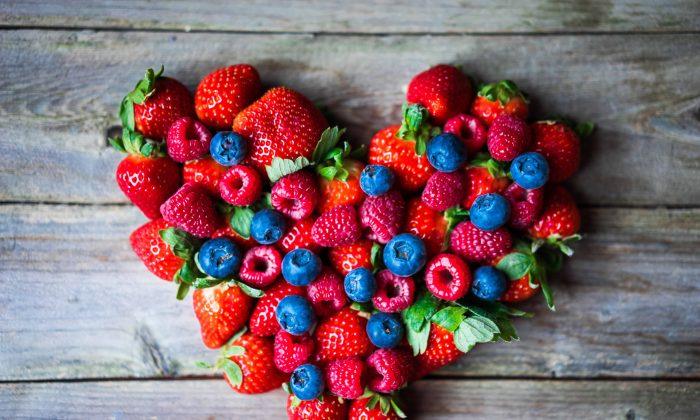If you eat a balanced, whole-food diet you’re probably giving your body more-than-adequate amounts of the vitamins and minerals it needs to function.
If not (and this applies to the majority of the U.S. population), there’s a good chance your body is lacking in important nutrients. Even if you do eat well, other factors – such as your age and certain health conditions (digestive issues and others) – can impact your body’s ability to absorb the nutrients in your food.
Meanwhile, soil quality, storage time, and processing can significantly influence the levels of certain nutrients in your food, such that even healthy produce may not be as nutrient-rich as you may think.
Nutrient deficiencies can be sneaky, too. Unless you are seriously deficient for some time, you may notice no symptoms at all, leading you to believe (falsely) that your body is getting all the nutrition you need.
5 Signs Your Body May Be Nutrient Deficient
If you’ve noticed a mysterious health symptom that has no apparent cause, it’s worth considering whether a nutrient deficiency may be to blame. Q for Equinox recently shared 5 examples to watch for. As Dr. Susan Blum, founder of the Blum Center for Health, said:1. Cracks at the Corners of Your Mouth
This can be a sign of iron, zinc, and B-vitamin (niacin, riboflavin, and B12) deficiency, or that you’re not getting enough protein. Good dietary sources of these nutrients include organic free-range poultry and eggs, wild-caught Alaskan salmon, oysters, and clams (if you can be sure they are harvested from non-polluted waters), Swiss chard, and tahini.2. Hair Loss and a Red, Scaly Rash (Especially on Your Face)
This can be a sign of biotin (vitamin B7) deficiency. Your body needs biotin for metabolizing fats, carbohydrates, and amino acids, but it’s most well-known for its role in strengthening your hair and nails. Egg yolks from organic, free-range eggs are one of the best sources of biotin.3. Red or White Acne-Like Bumps (on Your Cheeks, Arms, Thighs, and Buttocks)
This can be a sign of deficiency in essential fatty acids like omega-3s, as well as vitamin A or vitamin D deficiency. Increase your intake of omega-3 fats by eating more sardines and anchovies (or wild-caught Alaskan salmon) or taking a krill oil supplement.4. Tingling, Prickling, and Numbness in Your Hands and Feet
This can also be a sign of B-vitamin deficiency (particularly folate, B6, and B12). The symptom is related to the deficiency’s effect on the peripheral nerves and may be combined with anxiety, depression, anemia, fatigue, and hormone imbalances.Some good sources of B vitamins include spinach, asparagus, beets, organic free-range eggs and poultry, and grass-fed beef.
5. Muscle Cramps (in Your Toes, Calves, Backs of Legs, and Arches of Feet)
Muscle cramps may be a sign of deficiencies in magnesium, calcium, and potassium, especially if it happens frequently. Fix this by eating more almonds, hazelnuts, squash, dark leafy greens (kale, spinach, and dandelion), broccoli, Bok choy, and apples.Tips to Supercharge Your Diet with Nutrients
As much as possible, I recommend getting the nutrients your body needs from whole foods. This means minimizing processed foods as much as possible and instead focusing on healthy fats, fresh produce, grass-fed meats and pastured poultry, raw dairy products, organic free-range eggs, nuts and seeds, and, if you’re healthy, moderate amounts of fruit. That being said, there are a few tricks to get copious amounts of nutrients with little effort. You'll still need to eat a variety of foods to get the wide range of nutrients your body needs, but the tips that follow will give you an excellent start:- Homemade Bone Broth: Bone broth contains high amounts of calcium, magnesium, and other nutrients.
- Sprouts: Sprouts can contain up to 100 times more enzymes than raw fruits and vegetables, allowing your body to extract more vitamins, minerals, amino acids, and essential fats from the foods you eat.
- Juicing: Juicing not only helps you to consume more nutrient-rich veggies, it also helps you absorb the nutrients they contain. Juicing will help to “pre-digest” the veggies for you, so you will receive most of the nutrition, rather than having it go down the toilet.
- Fermented Foods: Fermented foods support the beneficial bacteria in your gut, which helps with mineral absorption and plays a role in producing nutrients such as B vitamins and vitamin K2.




